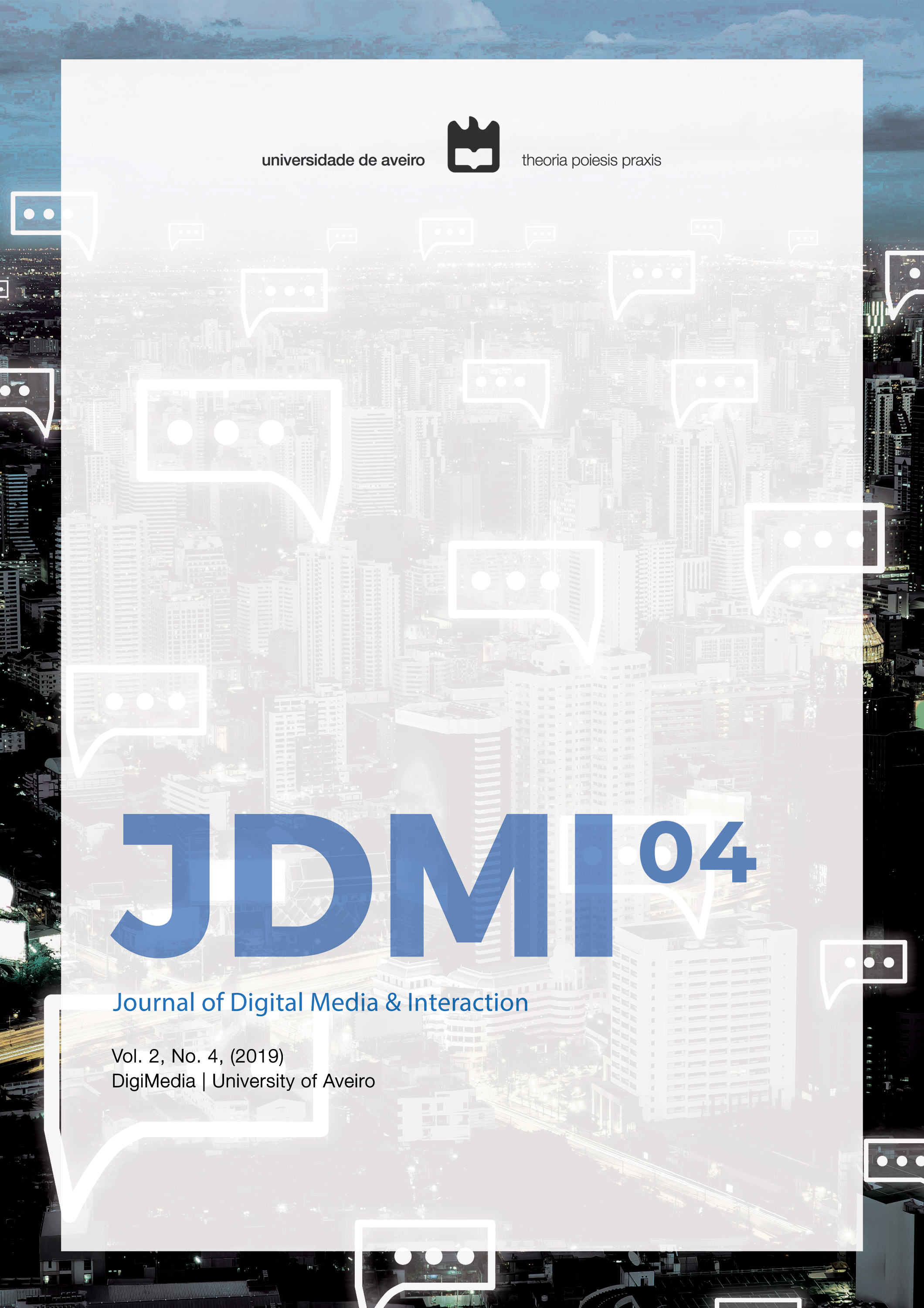Bibliotecas Digitales en China: Tendencias y Desarrollo
(Digital Libraries in China: Trends and Development)
DOI:
https://doi.org/10.34624/jdmi.v2i4.7875Keywords:
digital libraries, China, modernization, digital technologyAbstract
En China los primeros trabajos de investigación y proyectos sobre bibliotecas digitales datan de 1995. Tras más de dos décadas de desarrollo las bibliotecas han cambiado la forma de vida, trabajo y estudio del país y la industria de servicios de información ha entradoenun proceso de modernización. Con la irrupción de las redes sociales y la digitalización del entorno de la informaciónla sociedad china también ha experimentado nuevos cambios.En este artículo se muestran los principales esfuerzos y logros realizados para la construcción de bibliotecas digitales en China. Además, se analizan los problemas y las deficiencias que han ralentizado el progreso de sus bibliotecas en comparación con los grandes proyectos de bibliotecas digitales de Europa y Estados Unidosy se señalan los elementos clave para alcanzarsu desarrollo.Finalmente, se indican algunas pautas y recomendaciones para lograr un aprovechamiento más efectivo de la tecnología aplicada a las bibliotecas digitales chinas.
(The first research projects on digital librarias in China date back to 1995. After more than two decades of development, libraries have changed the way Chinese people live, work and study and the information services industry has entered into a process of modernization. With the appearance of social networks in the Internet and the advent of digitization Chinese society has also undergone new changes. This article shows the main efforts and progress made in China for the construction of digital libraries. In addition, we analyze the problems and deficiencies that have slowed the progress of digital libraries in China compared to the results obtained in Europe and the United States. Finally, some guidelines and recommendations are presented in order to achieve a more effective use of the technology applied to the Chinese digital libraries.)
References
Deshpande, J. (2018). Digital Libraries: An overview ofStandards, Protocols and Formats. International Journal of Library and Information Studies, 8(1).
Liu, G. Y., Hu, J. M., & Wang, H. L. (2012). A co-word analysis of digital library field in China. Scientometrics. https://doi.org/10.1007/s11192-011-0586-4
Liu, W. (2004). The new development of digital libraries in China. International Symposium on Digital Libraries and Knowledge Communities in Networked Information Society (DLKC’04), 2–5.
Marín, S. G. (2007). Universidad, información y desarrollo en China. Biblioteca Universitaria, 10(1), 33–40.
Weijun, C., & Yakun, L. (2006). Library in Ubiquitous Knowledge Environment [J]. Library Journal, 9.
Xiao, L., Chen, G., Sun, J., Han, S., & Zhang, C. (2016). Exploring the topic hierarchy of digital library researchin China using keyword networks: a K-core decomposition approach. Scientometrics, 108(3), 1085–1101.
Yang, Y. (2018). Research on Development Paradigm of the University Library. 2018 2nd International Conference on Management, Education and Social Science(ICMESS2018).
Yao, L., & Zhao, P. (2009). Digital libraries in China: Progress and prospects. Electronic Library. https://doi.org/10.1108/02640470910947656
Yao, X., Zhu, Q., & Liu, J. (2016). The China Academic Library and Information System (CALIS). https://doi.org/10.4018/978-1-5225-0550-1.ch001
Yu, L. (2004). Introduction to library science. Beijing: Science Publication.
Zhou, Q. (2005). The development of digital libraries in China and the shaping of digital librarians. Electronic Library. https://doi.org/10.1108/02640470510611490
Downloads
Published
Issue
Section
License
Authors who publish in the JDMI agree to the following terms:
-
Authors retain copyright and grant the journal the right of first publication with the work simultaneously licensed under a Creative Commons BY-NC-ND 4.0. This licensing allows others to share the work with no changes and acknowledgement of the work's authorship and initial publication in this journal, but not for commercial use.
-
Authors are able to enter into separate, additional contractual arrangements for the non-exclusive distribution of the journal's published version of the work (e.g., post it to an institutional repository or publish it in a book), with an acknowledgement of its initial publication in this journal.
-
Authors are permitted and encouraged to post their work online (e.g., in institutional repositories or on their website) after publication, as it can lead to productive exchanges, as well as earlier and greater citation of published work.
Copyrights to illustrations published in the journal remain with their current copyright holders.
It is the author's responsibility to obtain permission to quote from copyright sources.
Any fees required to obtain illustrations or to secure copyright permissions are the responsibility of authors.
Additional Information
All correspondence concerning contributions, books and other review material should be sent to: deca-jdmi@ua.pt






